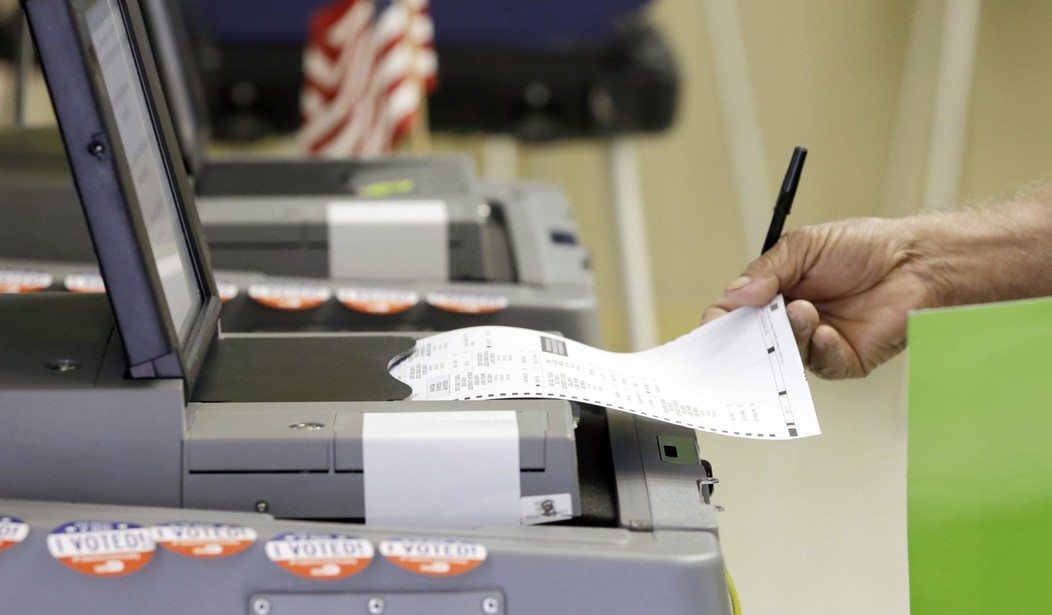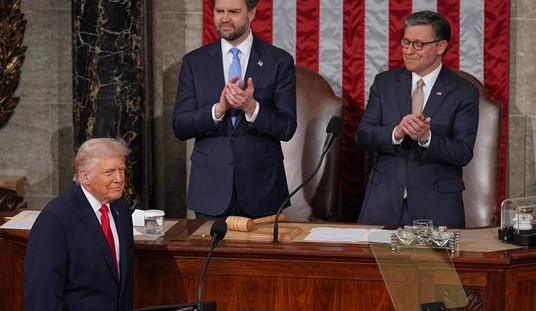WASHINGTON – Rep. Hank Johnson (D-Ga.) said Congress should give the Department of Homeland Security authority over the security of the nation’s voting systems to prevent the “destabilization” of democracy.
Johnson, a member of the House Judiciary Committee, has introduced the Election Infrastructure and Security Promotion Act of 2016, which would allow DHS to designate election systems as “critical infrastructure.” He has also introduced the Election Integrity Act of 2016 that would place limits on the purchase of new electronic voting systems that do not print a paper backup for each vote.
Speaking on Capitol Hill at a podium with a sign that read #DontHackMyVote, Johnson said the cyberattacks on the Democratic National Committee (DNC) and the Democratic Congressional Campaign Committee (DCCC) are an example of why DHS should have the power to secure voting systems throughout the nation. He said those security breaches show “how vulnerable our electoral process” could be to outside disruption in a “rapidly evolving” digital age.
“Not only are our voting systems vulnerable to attack, but the fallout from such an attack risks altering the fundamental political landscape which could lead to the destabilization of our democracy,” he said during a press conference about the bills outside of the U.S. Capitol. “A serious response to this very potential real risk is necessary. We should not wait for something to happen that is bad.”
Johnson said the federal government should be able to protect voting systems the same way it protects other public systems.
“When DHS labels an asset as critical infrastructure it heightens its security obligations and requires DHS to provide increased support,” he said. “Certainly our nation’s electoral infrastructure should command the same level of federal government security and protection as does the power grid, our water supply or our air-traffic control system.”
Rep. Mike Honda (D-Calif.), a cosponsor of the bills, said both pieces of legislation are necessary because the nation’s existing election laws are outdated.
“I think we need to be prepared against these kinds of threats — whether it’s state, domestic, international,” he said at the press conference.
Honda and Johnson said a paper printout or “durable voter-verified paper ballot” for each vote placed through an electronic voting system would ensure that every vote counts.
Johnson cited Hancock County, Ga., to support his argument for a “paper trail” of all votes cast during an election.
“We have seen what is happening in places such as Hancock County, Georgia, where law enforcement and local election officials have engaged in Jim Crow-style voter intimidation in an effort to suppress minority voters, where purge lists have been found to target minorities and where the secretary of State’s office has compromised private voter information,” he said.
Johnson said the Election Integrity Act would establish guidelines for the publication of “voter purge lists” and a process where individuals can challenge their inclusion on such a list.
“It is time for Congress to step up and protect the right to vote in federal elections,” said Johnson.
He said Russia is only one of “a number of foreign states” that have the “technical capability” and a specific interest in “manipulating” the electoral processes of the U.S.
“The threat also comes from rogue hackers with a radical agenda to undermine U.S. national security interests and also from domestic partisans who would not hesitate to steal an election,” he said.








Join the conversation as a VIP Member